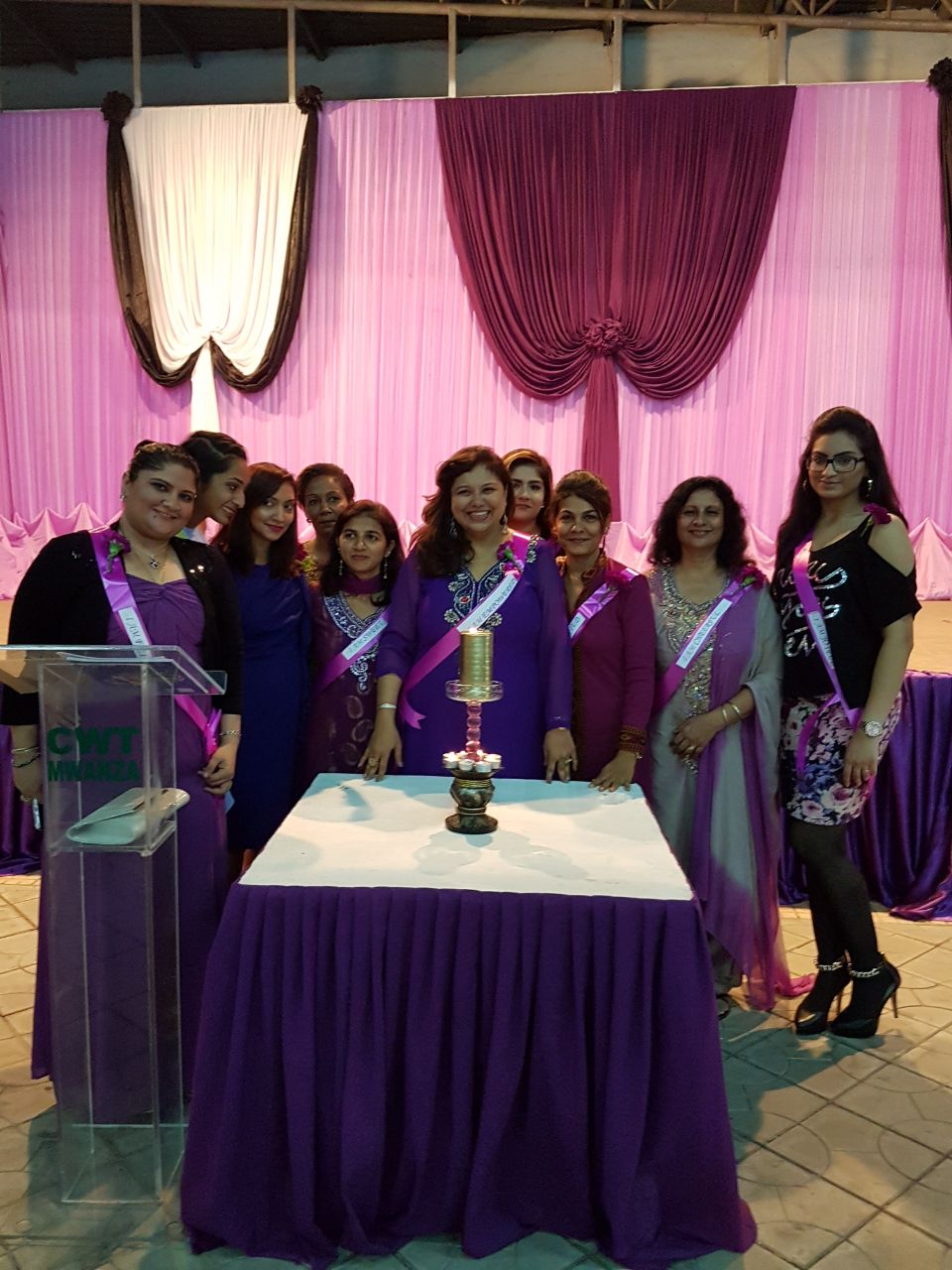International Women’s Day was celebrated globally on Wednesday, 8 March 2017. This day acknowledges women for their contribution in Social, Economic, Cultural and Political achievements, as well as to appreciate and honor women for their innate ability to nurture the very fabric of the human society.
Based on the five pillars of fairness in every society, namely Equity, Equality, Power, Need and Responsibility – organisations and individuals around the world, reconfirm their commitment to acknowledge, support and motivate women and young girls, to see themselves at an equal footing within the society, to be ambitious, to achieve their highest potential and to create a dignified persona of women. Years of research have shown that the weight of distributive justice is to date highly inclined towards men. Whilst men have supported women in their struggle to close the gender gap, the World Economic Forum predicts it could take until the year 2186 to close this gap entirely.
Women constitute nearly 50% of our Jamat and all of us have a part to play in the sustainability, growth and progress of our Jamat. The progress will be ever more swift if each one of us, men, women and children can be a leader within our own sphere of influence; to support the women to advance and unleash their limitless potential; be it in education, health or financial independence. We must all STEP UP and commit ourselves by taking bold action that will truly drive the greatest change for women, the Jamat and its future.
Mowlana Hazar Imam has time and again made firmans on women development and the Women’s Activities Portfolio (WAP) has been mandated to close this gender gap. It is an opportune time for WAP to participate in the International Women’s Day celebration, first and foremost, by bringing awareness to the Jamat, of the cultures gone by which have deeply embedded differences between men and women, globally as well as within the Jamat.
Conquering the five pillars of fairness between the genders, a journey since generations, can only be overcome through concerted efforts by both men and women in supporting empowerment and change through developmental programs. It is important to remember that the involvement of men is crucial in removing social and cultural barriers for women and girls. Not only do the inequalities affect the girls and the women, they also hold back the development, to full potential, of the human society and your families. Equality between men and women makes sense and it is high time that we achieve it.

